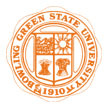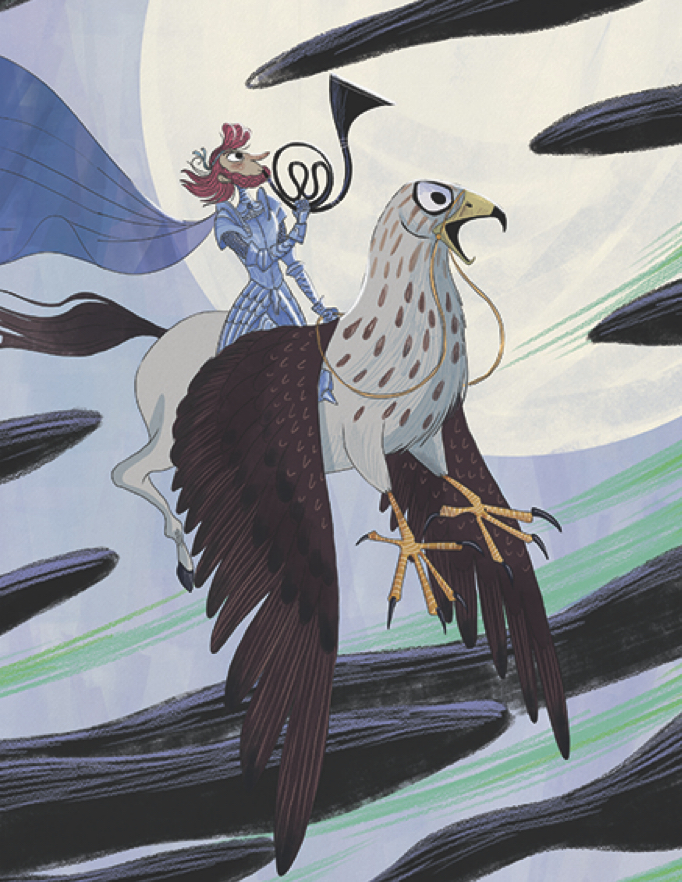| week |
readings |
assignments |
topics &
arguments |
Week 1:
January 9, 11
|
Geoffrey of Monmouth (selections)
Merlin’s origin story and Vortigern’s death (Book VI
chs. XVII-XIX, Book VIII, chs. I-II).
Merlin & Stonehenge (Book VIII, chs. X-XII)
|
|
History, Myth, and Legend
What's the Matter with Romance?
(This super-funny joke will require
an hour or so of tedious explanation.)
Romans, Britons, Anglo-Saxons, and
other imaginary beings
The
historical Arthur (and Merlin?) and Charlemagne
The Matter of Britain
|
Week 2:
January 16, 18
|
Geoffrey of Monmouth (selections)
Uther
& Arthur (Book VIII, chs. XV, XVII, XIX, XXII,
XXIV)
Death
(?) of Arthur (Book XI, chs. I-II)
|
----------
|
Arthur the hero
The Raglan Scale
Merlin's
magic: fantasy or science fiction?
|
Week 3:
January 23, 25
|
Guest's translation of The
Mabinogion:
“The Lady of the
Fountain”,
“Peredur, Son of Evrawc”
|
Thursday
January 25:
Quiz 1
(readings &
lectures
weeks 1-3) |
The fool and the hero
Arthur the non-hero,
or: Can a king be a hero?
The British knights of the Round Table
|
|
|
Week 4:
January 30, February 1
|
Weston's
version of
Sir Gawain and the Green Knight |
|
The chivalric code
pagan and Christian elements the story
The traitor Aeneas vs. the faithful
Gawaine
fantasy or allegory or...?
|
Week 5:
February 6, 8
|
Malory, Morte
d’Arthur
Book 1: The Coming of Arthur
|
Friday February
9, 11:59 PM:
Argument 1
(readings &
lectures
weeks 1-5) |
Merlin the Trickster
Arthur and Hercules
|
Week 6:
February 13, 15
|
Malory, Morte
d’Arthur
Book 11:
Adventures of Lancelot
|
|
Sex, deceit, and violence in French
romance
The French Knights of the Round Table
The monstrification of British knights
in French romances
|
Week 7:
February 20, 22
|
Matarosso's
translation of The Quest of the Holy
Grail |
|
Biblical legend and Britain
The True Cross and Britain
Holiness and chivalry: contradictory
ideals?
holiness vs. magic; holiness as magic
The Matter of Rome: Sir Orfeo
|
Week 8:
February 27, 29
|
Cable's
translation of The Death of King Arthur |
Tuesday February 27:
Quiz 2
(readings &
lectures
weeks 4-8) |
Mordred: villain or hero?
Lancelot: villain or hero?
After Avalon: the afterlife of Arthur
|
March 2-10: Spring Break
(no
classes)
|
Week 9:
March 12, 14
|
Sayers'
translation of The
Song of Roland |
|
|
Week 10:
March 19, 21
|
Ariosto, Orlando
Furioso
Cantos 1-9 |
|
The historical Charlemagne
History, Myth, and Legend
The Matter of France
after Roncevalles
fairies and magical items
travellers' tales
“A man goes on a journey;
a stranger comes to town.”
oral tradition vs. written tradition
|
Week 11:
March 26, 28
|
Ariosto,
Orlando Furioso
Cantos 10-18 |
Friday March 29,
11:59 PM:
Argument 2
(readings &
lectures
weeks 6-11) |
Italian versions of the Matter of
France
Ariosto’s monstrous patrons
The beginning is not really the
beginning.
|
Week 12:
April 2, 4
|
Ariosto,
Orlando Furioso
Cantos 19-27 |
Thursday April 4:
Quiz 3
(readings: weeks 9-12)
|
“I tell thee, love’s but a madness...”
traitors and heroes in the court of
Charlemagne
religious slander in
medieval/renaissance epic
|
Week 13:
April 9, 11
|
Ariosto, Orlando
Furioso
Cantos 28-36
|
|
Ariosto: romantic or anti-romantic?
“I am no man!” The female heroes of
Ariosto’s epic
Stealing from the best: the sources of
Ariosto
The bad guys of the epic: how bad are
they, really?
Prequels and sequels: other writers of
Italian epic
|
Week 14:
April 16, 18
|
Ariosto,
Orlando Furioso
Cantos 37-45 |
Thursday April 18:
Quiz 4
(lectures &
readings weeks 13-14) |
Moon shots: space travel in ancient and
Renaissance literature
Homer, Ariosto, and St. John the Evangelist: just a
trio of hacks?
The physical cosmos of Ariosto’s epic
The moral cosmos of Ariosto’s epic
The end is not really the end.
|
Finals Week:
April 22-26
|
-----
|
Final Project due
Friday April 26
(11:59 PM) |
Use and cite the required texts;
don't do "research"
(i.e. aimlessly Google stuff). |


